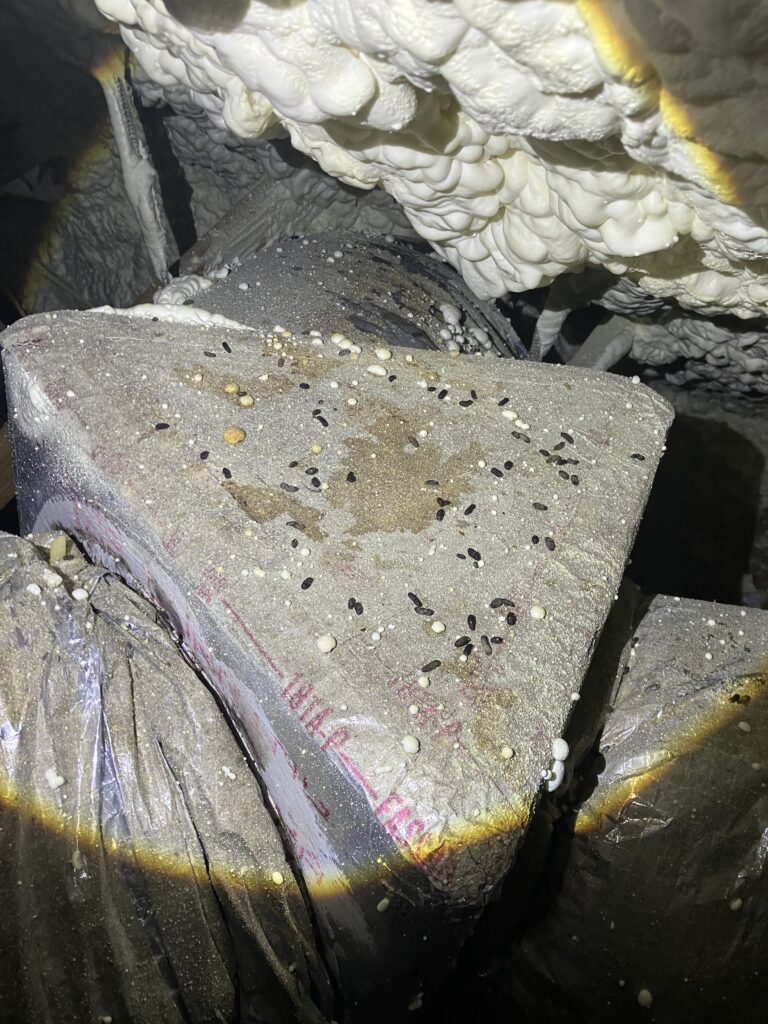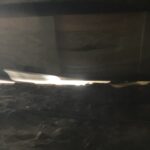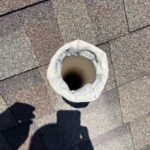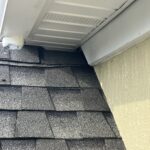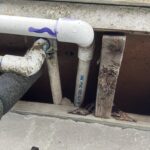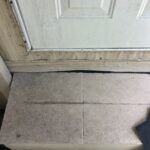A rat infestation inside your walls is more than just an annoyance—it’s a serious problem that can compromise your home and your health. Rats primarily rely on humans for food, water, and shelter. This is why they go to extreme lengths to enter homes, squeezing through cracks as small as a quarter of an inch.
Signs of Rats Inside the Walls
Rats will stay close to their nest, and wall voids provide safe ways to travel through your entire house. Rodents in the walls often uses structural voids to move from attics or basements into other areas like kitchens and bedrooms. You will hear them scurrying back and forth inside the walls. This is when residents are at the greatest risk from the pests’ waste and parasites
The most common signs of rats in the wall are squeaking noises, strange smells, and physical evidence.
Be aware of these signs:
- Squeaking noises are heard inside the walls.
- Gnawed holes around baseboards, corners, or wall vents.
- Capsule-shaped fecal droppings near the floorboards.
- Dark, greasy smear marks along your baseboards..
- A strong, musky odor caused by their frequent urination.
- Chew marks on food packaging.
Less obvious or harder-to-notice signs of rats inside the walls.
- Flickering Lights: Rats gnaw constantly on anything. Rats in the walls can fray wires by gnawing on them, which might cause flickering lights or breakers to pop.
- Strange Pet Behavior: Cats and dogs might paw, scratch, or stare at the wall where the rodents are hiding.
- See a Rat. Although rare, you might see a rat. Rats avoid new stimuli in their environment and do an excellent job of hiding from people.
Problems with Rats in the Walls
Rats are not only one of the most destructive pests, but they also spread diseases to you and your family.
Structural Damage
Rats, like all rodents, have constantly growing incisors, which means they’re always gnawing to keep them trimmed. Your walls provide the perfect material for this. This destructive behavior can lead to:
Gnawed Electrical Wires: This is one of the most dangerous problems. Rodents chewing on electrical wires can strip away insulation, creating exposed wires that are a significant fire hazard. Many house fires are attributed to rodent activity.
Damaged Insulation: Rodents love to burrow into insulation to create nests. As they shred and tunnel through it, your insulation loses its effectiveness, leading to higher energy bills and reduced comfort. This also makes the insulation a breeding ground for bacteria and odors from their waste.
Weakened Wood and Drywall: They’ll chew through wooden beams, drywall, and other building materials to create pathways and expand their living space. Over time, this can compromise the structural integrity of your home, leading to costly repairs.
Contaminated HVAC Systems: Rodents often travel through ductwork, building nests and leaving droppings and urine. This can spread contaminants throughout your home and even cause mechanical failures in your heating and cooling systems.
Health Risks
A rodent infestation poses significant health risks to you and your family.
- Disease Transmission: Rodents carry numerous diseases, including Hantavirus, Leptospirosis, Salmonellosis, and Rat-Bite Fever. These can be transmitted through direct contact with rodents, their bites, or by breathing in airborne particles from their urine, droppings, or saliva. The dried waste can become aerosolized when disturbed, leading to serious respiratory illnesses.
- Allergens and Asthma Triggers: Rodent dander, urine, and droppings can trigger allergies and asthma symptoms, especially in sensitive individuals.
- Parasites: Rodents often carry fleas, ticks, and mites. These parasites can then infest your home and transmit their own set of diseases to both humans and pets, such as Lyme disease or Murine typhus.
Odor and Contamination
Foul Odors: Rodent urine has a distinct, musky, ammonia-like smell that can permeate your walls and home. As droppings accumulate, they also create a lingering, unpleasant odor. If a rodent dies within the wall void, the decaying carcass will produce an extremely strong and persistent odor that can last for weeks.
Food Contamination: Rodents are constantly seeking food. They’ll chew through food packaging and contaminate stored food items with their droppings, urine, and hair, rendering them unsafe for consumption.
Problems with DIY Rat Control
Rats reproduce so quickly that even one rat can become an infestation within the blink of an eye. When researching how to exterminate rats, you’ll probably come across DIY solutions that sound great but aren’t up to the task.
Glue traps might catch some problems but will not eliminate all of them. In addition, they are inhumane because the rat does not die quickly.
Rat pellets are not recommended because they have a delayed effect, leaving wildlife such as owls or foxes susceptible to ingesting a poisoned rat.
The recommendation to use essential oils like peppermint oil, citronella oil, eucalyptus oil, lemon oil, tea tree oil, or sage is a popular all-natural rat control alternative. But, these oils are not effective. Rats may hate these smells, but they dissipate and lose effectiveness quickly.
Call Trutech In to Get Rats Out
Rats can be a difficult pest to control on your own. They reproduce at a tremendous rate which requires an aggressive rat trapping strategy. They leave pheromone trails that other rats follow.
Trutech Wildlife Service provides integrated pest control for rats. During a free inspection, we identify the scope of the infestation and create a custom rat control plan. With Trutech, you will be 100% certain that all the rats have been eliminated. Once we have established control, our rodent control maintenance program will stop a rat infestation from starting again.
Identify How Rats Got In the Walls
Photos from Trutech Wildlife Service in Jacksonville


